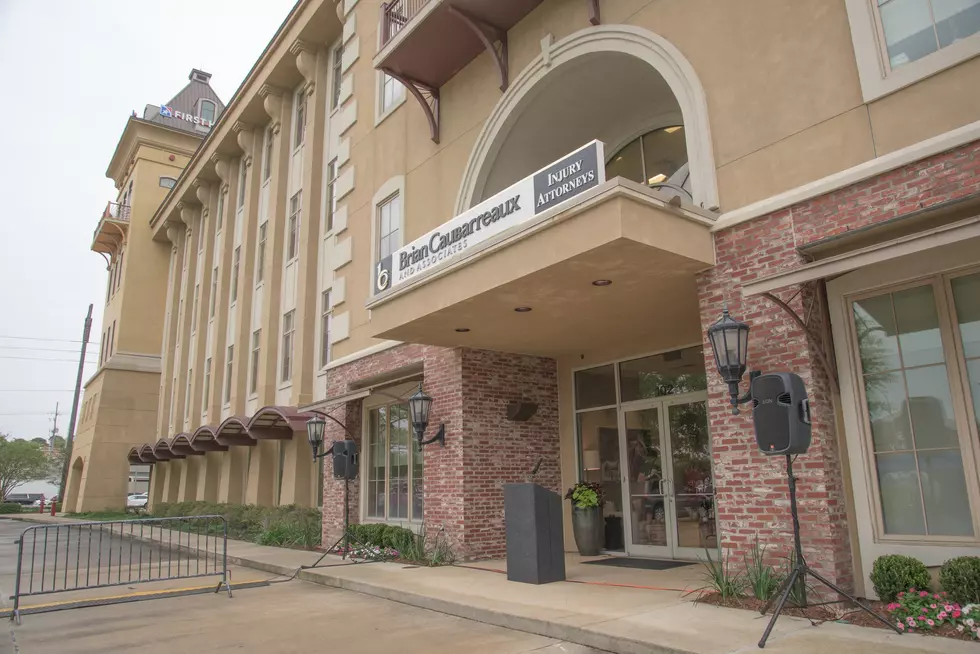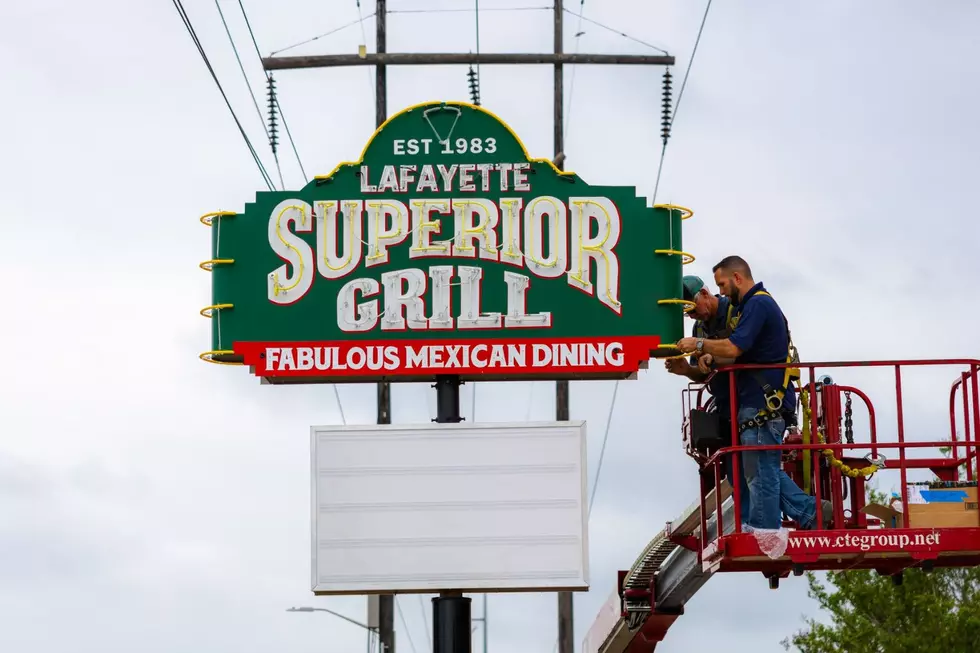
St. Martin Parish Wants LCG Spoil Banks Suit Dismissed
The St. Martin Parish Government disputes the validity of Lafayette Consolidated Government's lawsuit seeking declaratory judgment in the Vermilion River spoil bank controversy.
In their response to LCG's lawsuit, the St. Martin Parish Government accuses LCG of making a number of errors in its filing.
First, the response claims LCG filed its suit in the wrong court. The St. Martin Parish Government argues that LCG should have filed suit in the 16th Judicial District, not the 15th JDC.
"As provided by (Louisiana Revised Statute) 13:5104(B), '[a]ll suits against a political subdivision of the state . . . shall be instituted before the district court of the judicial district in which the political subdivision is located or in the district court having jurisdiction in the parish in which the cause of action arises," attorney Steven Oxenhandler wrote in the St. Martin Parish Government's response. "Disregarding the abusive, unwarranted, and demeaning personal attacks permeating its Petition, (LCG's) claims against the St. Martin Parish Government relate only and specifically to (1) a St. Martin Parish Ordinance; and (2) LCG's execution of its 'spoil bank project' in St. Martin Parish. As per La. R.S. 13:5104(B), St. Martin Parish is the only proper venue for LCG's claims against the St. Martin Parish Government."
Secondly, the St. Martin Parish Government accuses LCG of leaving out key information in its initial petition.
"In summary, LCG's petition is completely vague as to the specific matters for which it seeks a Declaratory Judgment," Oxenhandler wrote. "LCG fails to allege each and every one of the 'regulations, ordinances, rules, procedures, and laws' with which it allegedly complied, and about which LCG seeks a compliance ruling via Declaratory Judgment; LCG fails to state what it supposedly did in compliance with all legal requirements; LCG alleges conclusions, but fails to allege facts from which it can be determined that no Corps Permit was required for the destruction of spoil banks in St. Martin Parish."
This matter began in March after LCG removed spoil banks on property in St. Martin Parish that it had purchased. During a special council meeting held days after LCG removed the spoil banks, the St. Martin Parish Council gave parish president Chester Cedars the authority to pursue any legal remedies for any damage that may or does occur because of the spoil banks' removal.
LCG beat St. Martin Parish to the punch, filing its petition for a declaratory judgment in late March. That petitions asks a judge to declare that the city-parish government "complied with all lawful regulations, ordinances, rules, procedures and laws with the spoil bank project, and specifically, requests a judgment that no permit was required by the Corps for the project as the revised proposal that was implemented did not fall within Corps jurisdiction."
St. Martin Parish's response says LCG failed to prove that it received the consent of the land's co-owner to remove the spoil banks. Oxenhandler also argues that any violation of any St. Martin Parish ordinance, including the ordinance mandating landowners to receive the parish council's approval before removing a spoil bank, precludes a declaratory judgment. Oxenhandler cites a previous court case in which an appeals court ruled that any municipal law is valid unless it is challenged and overturned in court.
In its petition, LCG claimed the St. Martin Parish ordinance was unconstitutional and unenforceable.
"Despite LCG's erroneous legal conclusions--which aver the Ordinance "specifically targeted Lafayette Parish," and "was clearly unconstitutional and not enforceable--LCG does not allege it challenged the Ordinance in any Court prior to February of 2022 when 'Lafayette Parish finally executed on this spoil bank project' in a wilful (sic), complete, utter, arrogant, and intentional disregard of the St. Martin Parish Ordinance," Oxenhandler wrote in the St. Martin Parish Government's response. "Inasmuch as the Ordinance had not been stricken down by any Court--or otherwise declared 'unconstitutional and not enforceable'--the St. Martin Parish Ordinance was legal and enforceable at the time LCG destroyed the spoil bank in St. Martin Parish.
"Because the face of LCG's petition shows LCG acted with utter disregard of a valid and enforceable ordinance at the time LCG intentionally violated the law of St. Martin Parish, LCG cannot be granted a Declaratory Judgment stating LCG 'complied with all lawful regulations, ordinances, rules, procedures, and laws with the spoil bank project,'" Oxenhandler continues. "LCG thus has no cause of action for the Declaratory Judgment it seeks."
We have reached out to an LCG spokesperson for comment.
Read More: LCG Sues St. Martin Parish over Spoil Bank Issue | https://kpel965.com/lcg-sues-st-martin-parish-over-spoil-bank-issue/?utm_source=tsmclip&utm_medium=referral
Seven Forgotten Facts About Lafayette
Lafayette: 1981 vs. 2021
The Seven Modern Wonders of Acadiana
More From News Talk 96.5 KPEL









